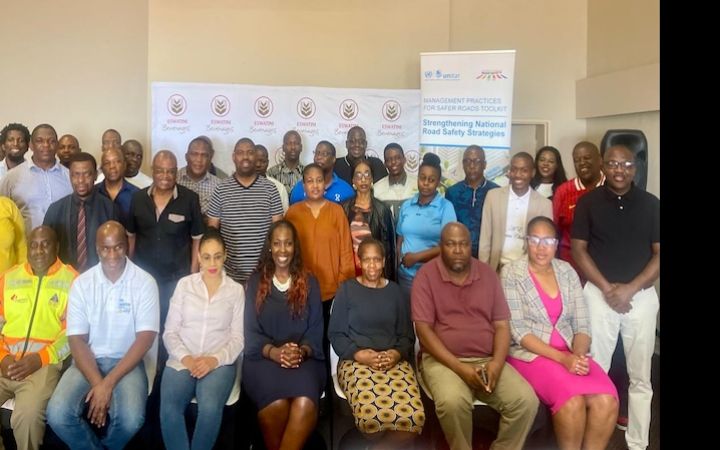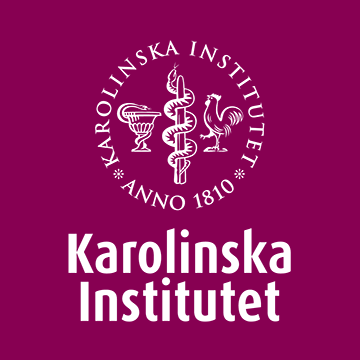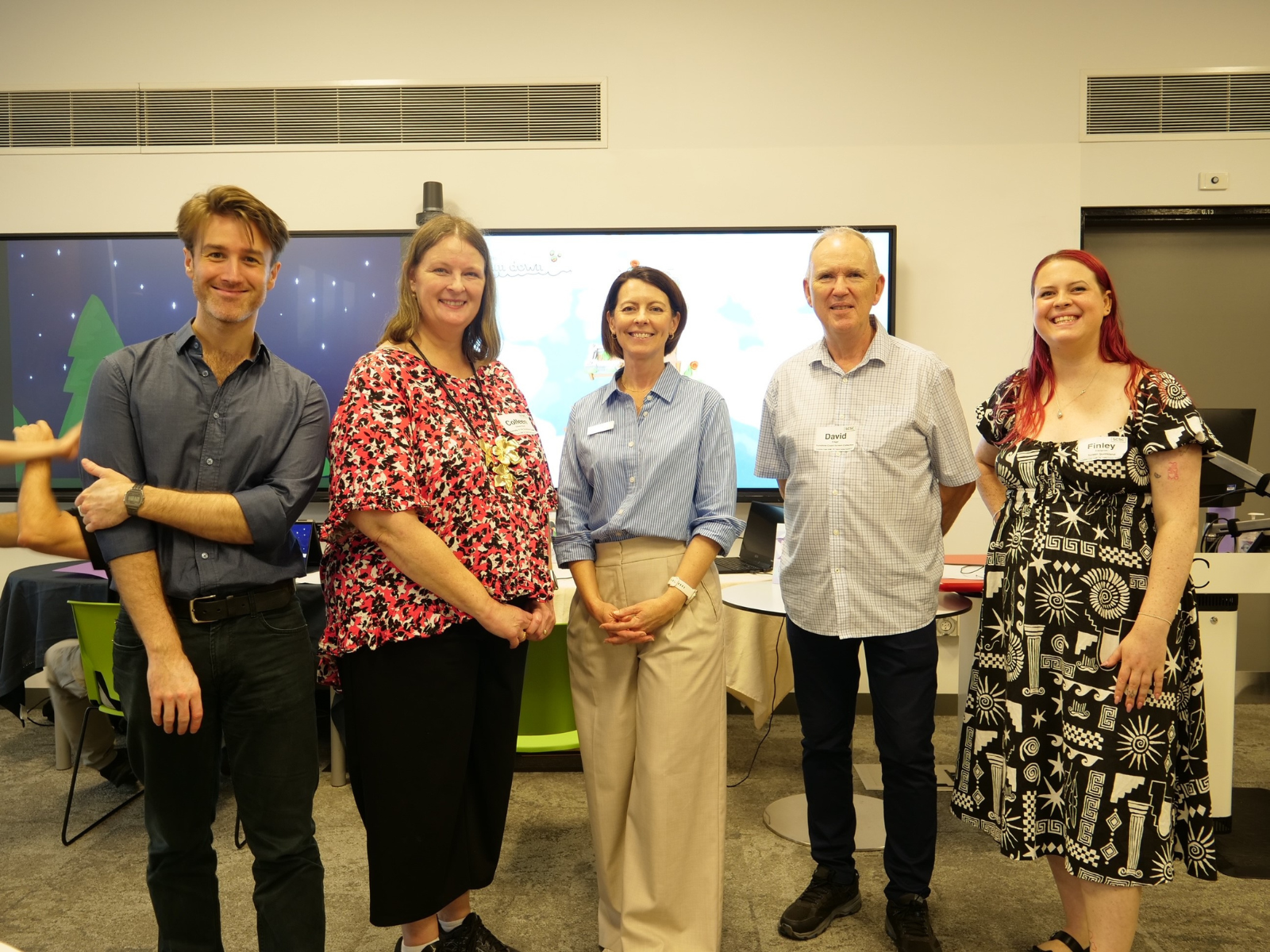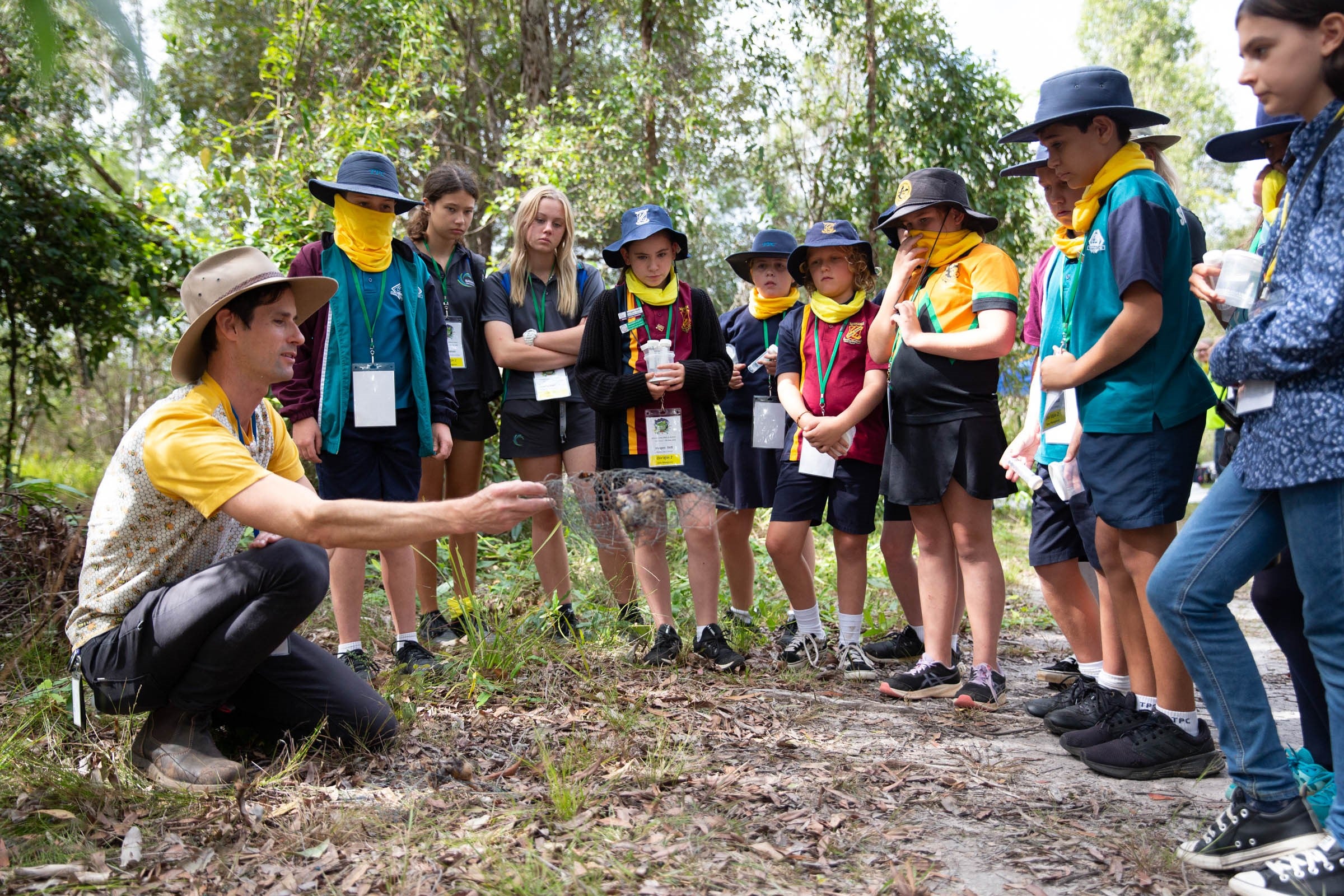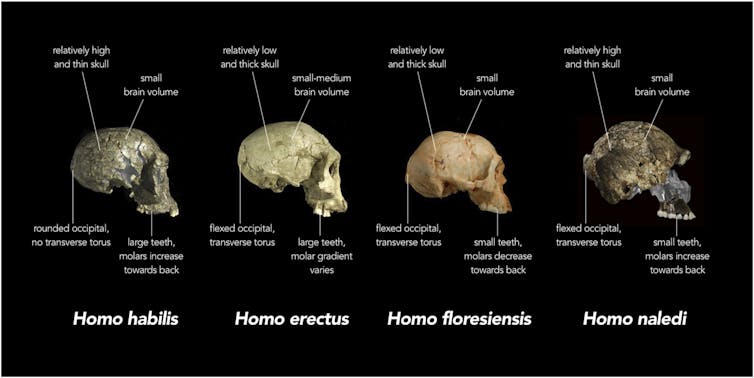- Service enables the delivery of specialist stroke care to patients and their treating doctors throughout Western Australia
- Expanded service from 2023 will work towards developing a 24/7 service for the State
- A single point of entry for suspected acute stroke and transient ischemic attack (TIA) patients who present across the WA health system
More than 300 suspected stroke patients across Western Australia have been provided with real-time stroke specialist care through Telestroke since the service began 12 months ago.
Phase one of the $9.7million service started in late 2021, giving WA health system clinicians in rural, remote and metropolitan areas access to expert assistance in the diagnosis and appropriate treatment pathways for stroke and TIA.
There has been a significant uptake of the service in the South West and Great Southern regions with 52 per cent of total referrals from these areas.
The Department of Health WA’s State Stroke Director Dr Andrew Wesseldine said determining a patient’s stroke type and treatment options quickly is crucial and can be difficult outside of metropolitan areas.
“Telestroke is an important system enabler given our geographical challenges in WA to improve the outcomes for rural and regional stroke patients, with the goal being to give them the best chance of surviving a stroke and reducing disability,” Dr Wesseldine said.
“The Telestroke service has an additional goal of supporting regional and remote doctors and nurses in the clinical care and appropriate management of their stroke and TIA patients.”
With phase two of the expansion project now underway, the focus will be on plans to support transition to 24/7 assessment with technology options to support service delivery.
“Stroke is a time-critical medical emergency and patient outcomes are improved by timely access to specialist clinical diagnosis and management,” Dr Wesseldine said.
“The Telestroke service will enable clinicians across WA access to centralised consultant advice, neurological imaging advice, expedited treatment pathways and timely clinical documentation.”
This service will create efficiencies across the system, while improving health outcomes for patients living in rural WA.

